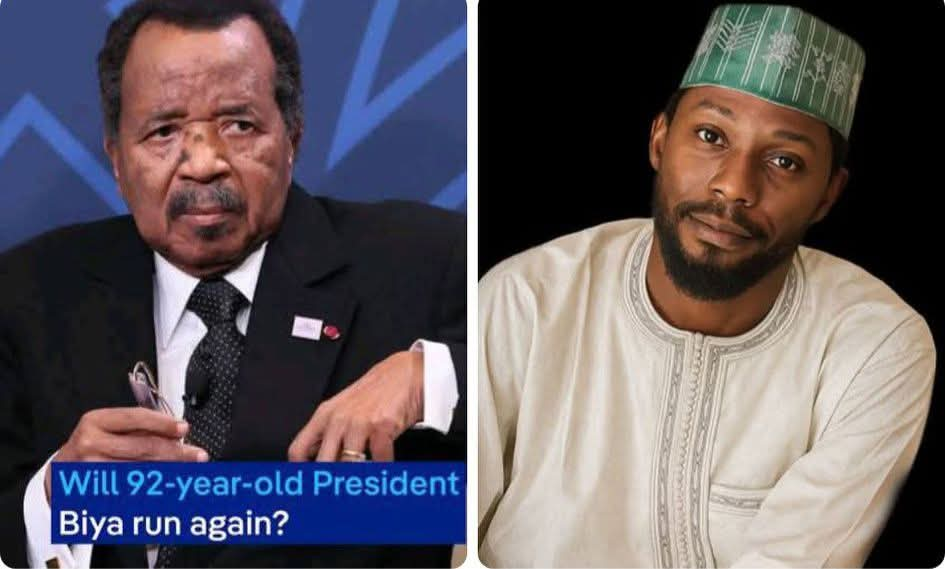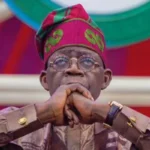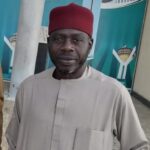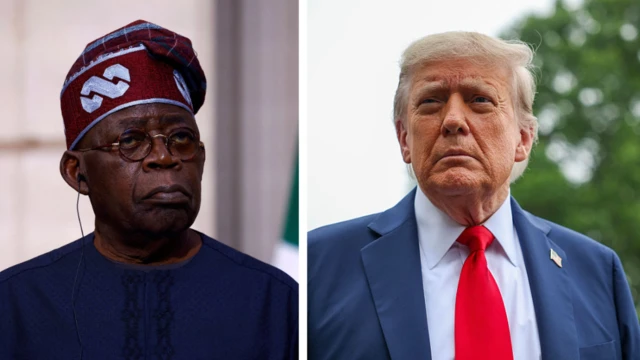I had been immersed in the rhythms of rural life, particularly farming, as the harvest season approached. Tending to my late father’s fields, land that holds the weight of memory and quiet reflection, often becomes a place of both labour and introspection. It was in this familiar setting that I encountered a stark headline:
“After 43 years in power, 92-year-old Paul Biya has been re-elected for another eight-year term.”
The words stayed with me, lingering like the dust in the air. I mulled them over as I worked the soil. Several titles for my thoughts passed through my mind: Paul Biya’s Endless Rule: The Heavy Cost of Power Without Change; Cameroon in Limbo; The Burden of Unbroken Leadership. Yet one phrase surfaced, clear and apt: Time, Power, and Silence: The Quiet Collapse of a nation under Paul Biya.
At first glance, Biya’s re-election may appear to be a routine political event, merely another term for a seasoned statesman. But under scrutiny, this singular fact becomes emblematic of deeper structural malaise. It reflects not just the endurance of one man in office, but a calcification of political, institutional, and social life. It reveals the anatomy of a state in stasis.
Understanding the ramifications of such prolonged rule demands an interdisciplinary lens. The intersection of political science, sociology, human resource theory, psychology, and even physics offers a more nuanced portrait of governance that has outlived its function. This is not merely a narrative about Paul Biya- it is a story about power’s inertia, a nation held in suspension, and the cumulative cost of silence.
The Political Decay of Perpetual Incumbency
Political theory consistently warns that power untempered by term limits or robust accountability degenerates into a form of autocratic stagnation. The re-election of an octogenarian who has already governed for more than four decades raises profound concerns regarding the authenticity of democratic processes. Elections in such environments become ceremonial rather than competitive. They serve to legitimise rather than challenge the status quo.
Where democratic ideals ought to promote leadership renewal and representative rotation, what exists instead is a closed loop of control, sustained through legislative manipulation, compromised electoral bodies, and a culture of fear or fatigue. The very notion of democratic vitality is hollowed out, replaced by procedural theatre masking elite consolidation.
Leadership Without Succession: A Human Resource Crisis
In organisational theory, effective leadership entails not only present competence but future preparedness. Succession planning is essential to institutional resilience. A system where one individual remains indispensable for over four decades is no longer a leadership model but a liability. It represents a fundamental failure to cultivate and trust new generations of leaders.
The presence of an ageing ruler in his eighth decade presiding over a country with a predominantly youthful population is not only incongruent but symbolically alienating. It underscores a political culture where loyalty is rewarded over innovation, and compliance is valued above competence. In such systems, reform is perceived as risk, and continuity becomes a euphemism for entrenchment.
Psychological Erosion and Collective Resignation
The psychological consequences of prolonged rule are corrosive for both leader and populace. For the incumbent, longevity in power can induce what has been termed the hubris syndrome, a distortion wherein leaders begin to conflate their personal authority with the fate of the state itself. This pathology often results in diminished empathy, detachment from citizen realities, and increasing intolerance of dissent.
Conversely, citizens subjected to decades of static leadership may experience learned helplessness, a psychological condition in which people, confronted by repeated failures of political change, abandon efforts to engage or resist. The outcome is a society marked by disengagement, scepticism, and disempowerment- fertile ground for apathy, and ultimately, authoritarian endurance.
Sociological Paralysis and the Freezing of Democratic Imagination
From a sociological perspective, regimes of indefinite incumbency distort the natural evolution of civic structures. Youth are sidelined from meaningful political participation; women’s representation is marginalised; social hierarchies become rigid and exclusionary. The lack of generational turnover in leadership impedes cultural and political renewal.
A population that has come of age under a single ruler risks internalising the idea that leadership is not a rotating trust, but an inherited entitlement. In this way, the very architecture of citizenship is reshaped, from participatory engagement to passive observance. The political imagination atrophies, and the public square is drained of its dynamism.
International Hypocrisy and the Currency of Stability
On the global stage, Biya’s tenure is not only a domestic failure but a mirror reflecting the duplicity of international diplomacy. Western democracies often proclaim allegiance to democratic values, yet their actions are frequently guided by realpolitik. Where strategic interests, such as military cooperation, counterterrorism, or resource access- are prioritised, the democratic deficit of client states is quietly ignored.
Cameroon’s geopolitical significance renders it a candidate for selective silence. In Francophone Africa, the shadow of neo-colonialism persists, where external powers sustain internal elites in exchange for compliance or access. In this context, sovereignty becomes a bargaining chip, and democracy a slogan rather than a standard.
A Metaphor from Physics: The Entropy of Power
Even physics, when invoked metaphorically, offers compelling insight. Systems left unchallenged drift toward entropy, a slow degradation masked by surface order. In politics, as in thermodynamics, energy must be renewed or redirected to maintain function. Power concentrated in one node without redistribution becomes brittle.
The law of inertia states that a body remains in uniform motion- or at rest- unless acted upon by an external force. So too with regimes: they persist until disruption, be it protest, institutional reform, or external pressure- forces redirection. Biya’s Cameroon exists in this delicate and dangerous equilibrium, one where the illusion of calm conceals the inevitability of rupture.
A Nation Suspended in Time
Paul Biya’s re-election is not simply the extension of a political career, it is the continuation of a national condition defined by arrested development. It signals not continuity but collapse disguised as stability. It is the hallmark of a state where institutions have been drained of vitality, and where dissent is not debated but defanged.
And so we must ask: Can a leader truly represent a people after ruling them for over forty years without undergoing transformation himself? Can a society progress when its future is forever deferred? Can a generation raised under one man’s rule ever come to believe in change that is real and lasting?
A Closing Reckoning
History is rarely kind to regimes of indefinite tenure. Their legacies are not measured in years but in what those years erased- dreams denied, voices silenced, institutions hollowed out. As Cameroon embarks on yet another term under the same leadership, it does so not with jubilation, but under the weight of weary continuity.
And so, we are left with the urgent question: Is this the path African states are condemned to follow? Where is the collective courage to disrupt this cycle of self-serving leadership? Do we truly lack the resolve to resist greed, stagnation, and fear? Must we continue surrendering to those who govern in their own image, not ours?
Surely, we deserve better.
And if not now – when?
ahmadeesir214@gmail.com














Leave a comment